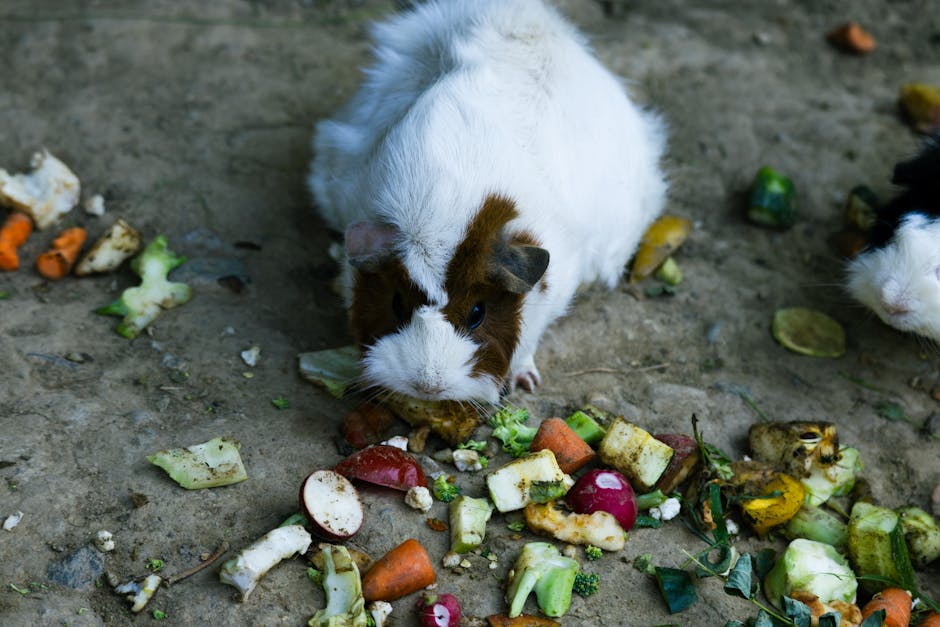Pets, like humans, thrive on a balanced diet. A nuanced understanding of nutritional requirements is paramount for fostering health and longevity in our animal companions. This article delves into the intricacies of pet nutrition, exploring why providing suitable sustenance is an essential aspect of responsible pet ownership.
A crucial component of any pet’s health journey is tailored nutrition. Species-specific needs differ significantly, demanding consideration for breeds, ages, and activity levels. For example, a senior Labrador Retriever will have different nutritional needs compared to a playful young German Shepherd. This necessitates a tailored approach to feeding, preventing health issues and ensuring optimal well-being.
The foundation of a pet’s health lies in the intake of essential nutrients. Proteins, the building blocks of tissues, are critical for growth, repair, and maintaining healthy skin and coat. Sufficient protein intake prevents deficiencies, promoting muscle development and supporting overall body function. This is particularly vital for growing puppies and kittens, who need abundant protein for skeletal and muscular development.
Beyond protein, the role of carbohydrates cannot be underestimated. They serve as a primary source of energy, fueling daily activities and supporting metabolic processes. However, the type and amount of carbohydrates should be carefully chosen. Simple sugars, readily available in many commercial foods, can lead to weight gain and other health problems. Focus instead on complex carbohydrates like those found in whole grains and vegetables, which provide sustained energy release and dietary fibre, which is crucial for digestive health.
Fats, another essential macronutrient, play a critical role in nutrient absorption, hormone production, and cell function. While excessive fat can be harmful, a balanced intake of healthy fats from sources like fish oil and flaxseed oil is crucial for maintaining healthy skin, coat, and overall well-being. These fats contain essential fatty acids vital for a multitude of bodily processes.
Vitamins and minerals are equally important micronutrients, contributing to a multitude of bodily functions. Vitamins like A, D, E, and K are indispensable for bone health, vision, immune function, and blood clotting. Minerals like calcium and phosphorus are crucial for strong teeth and bones. Supplementation might be necessary if dietary intake isn’t sufficient, but a balanced commercial food often provides adequate levels of these micronutrients. Consult a veterinarian to determine if supplementation is truly necessary, avoiding potential imbalances.
Dietary deficiencies can manifest in a plethora of ways, impacting a pet’s overall health negatively. A lack of essential nutrients can lead to stunted growth in young animals, compromised immune function, and an increased susceptibility to diseases. Furthermore, deficiencies can manifest in observable symptoms like lethargy, poor coat condition, and digestive problems. Therefore, regular monitoring of your pet’s health and response to their food is vital.
A crucial aspect of healthy pet nutrition is understanding the importance of portion control. Overfeeding, a common mistake, can lead to obesity. Obesity in pets carries a significant risk of various health complications, including diabetes, heart disease, arthritis, and joint problems. Adjusting portion sizes based on your pet’s activity level, age, and size is essential for maintaining a healthy weight and preventing these conditions.
Beyond portioning, the quality of the food itself plays a significant role. Choosing high-quality commercial pet food, preferably one formulated for your pet’s specific needs and stage of life, is crucial. Ingredients lists should be examined for natural, wholesome sources of nutrition, and avoid excessively processed or artificial ingredients. Read labels carefully, and consider consulting a veterinary nutritionist or your veterinarian for advice on the best choices for your pet.
Transitioning your pet to a new diet should be gradual. Abrupt dietary changes can disrupt digestion and lead to discomfort. Introduce the new food gradually, mixing it with the old food over a period of several days, allowing their body to adjust and reduce the risk of digestive upset. This gradual introduction minimizes stress and ensures a smooth transition.
Proper hydration is often overlooked in pet nutrition. Fresh water should always be available to your pet, and encourage regular drinking. Water is essential for numerous bodily functions, transporting nutrients, regulating body temperature, and aiding digestion. Dehydration can quickly lead to serious health problems, highlighting the importance of a consistent and plentiful water supply.
The impact of pet nutrition extends beyond physical well-being. Proper nutrition fuels a pet’s energy levels, enhancing their overall behaviour and ensuring their happiness and comfort. A well-nourished pet is a healthier, happier pet. This positive correlation between nutrition and behavioural well-being underscores the significance of providing optimal nutrition.
Veterinary oversight plays a vital role in ensuring the success of a pet’s dietary plan. Regular check-ups with a veterinarian are essential to monitor your pet’s health, assess nutritional needs, and identify any potential deficiencies or issues. Veterinarians can provide personalized recommendations based on your pet’s unique circumstances.
In conclusion, understanding the significance of nutrition for pets is a cornerstone of responsible pet ownership. By ensuring a balanced, species-appropriate diet, we support their physical and mental well-being. A commitment to proper pet nutrition translates directly into a healthier, happier, and longer life for our cherished companions. Embrace a proactive approach to feeding your pet, always prioritizing their health and nutritional needs for a strong, fulfilling relationship.
